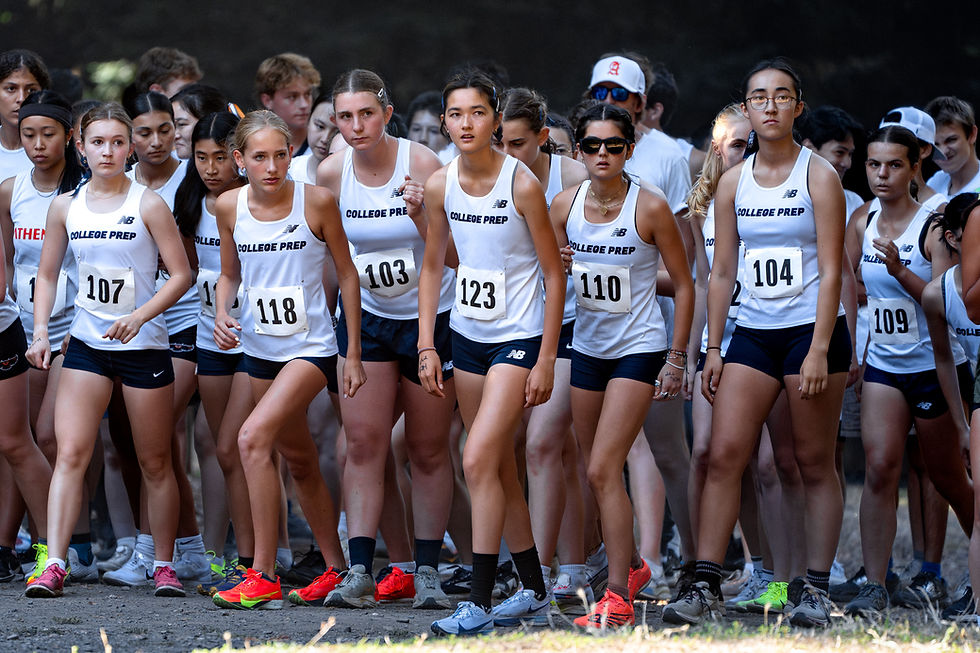College Sports and Sexual Assault
- Radar Staff
- Feb 15, 2017
- 2 min read
A round of sexual harassment and assault cases garnered national attention in 2016: Stanford banned hard liquor after the Brock Turner case, UC Berkeley suspended all fraternity and sorority parties after sexual assault reports, and the Harvard men’s soccer season was suspended following the discovering of sexually explicit reports of the women’s soccer team. A stream of other school such as Princeton, Amherst, Columbia, and Washington University have temporarily suspended men’s sports teams due to sexist messages and spreadsheets. Individual players from the Stanford and Minnesota football teams and Yale’s basketball team have been suspended due to sexual assault convictions. It seems as if many colleges have been quick to take action, but many schools have completely botched their handling of these cases.

All of these responses do have some things in common: institutions stepping in to contain and ameliorate these instances of campus sexual assault. These schools’ actions have received mixed reactions, and rightfully so. The list of atrocities is not short. Stanford blamed alcohol and party culture for the Brock Turner case. The University also let a football player continue playing in games even after a majority of Stanford panelists determined the player had sexually assaulted a woman. The Minnesota football team tried to boycott all football activities after 10 players were suspended because they were found guilty of raping a woman. Yale’s men’s basketball team was allowed to wear custom t-shirts that expressed their solidarity with a team captain suspended for sexual assault accusations.

(CNN – the Minnesota football team boycotted practice after members were suspended for an alleged gang rape).
A school’s legal obligations aside, the responses to some of these cases show the incompetence of school administrators in having a productive, educational discussion with students surrounding sexual harassment and assault. Allowing sports teams to show solidarity with players convicted of sexual assault threatens victims’ ability to feel safe on campus. And colleges that ban hard liquor on campus send the message that they view their students as underage teens lusting after risky behavior. College students make choices, they don’t just fall under peer pressure.
Many schools were applauded for cancelling their men’s sports seasons. When The Crimson, Harvard’s student publication, released the exposé of the “scouting report” on the women’s soccer team created by the men’s team, Harvard’s decisiveness in cancelling the men’s team’s season set the tone for many other schools. Still, these instances show that even campuses that have created conversations about sexual assault are not immune to the underlying misogyny that circulates through them– often perpetrated by male sports teams, fraternities, or clubs.
There is no excuse for the “locker room talk” or for the fact that individuals found guilty of sexual assault can still be institutionally supported by universities. It’s unfortunate enough that we have a president who degrades women — but some of that rhetoric exists on many of the college campuses our peers attend or will be attending come this fall. Whatever the outcomes are of the countless publicized cases, it may have been sobering for some to know that they or their peers may not be protected from abhorrent, but sometimes condoned, sexist behavior.





Comments